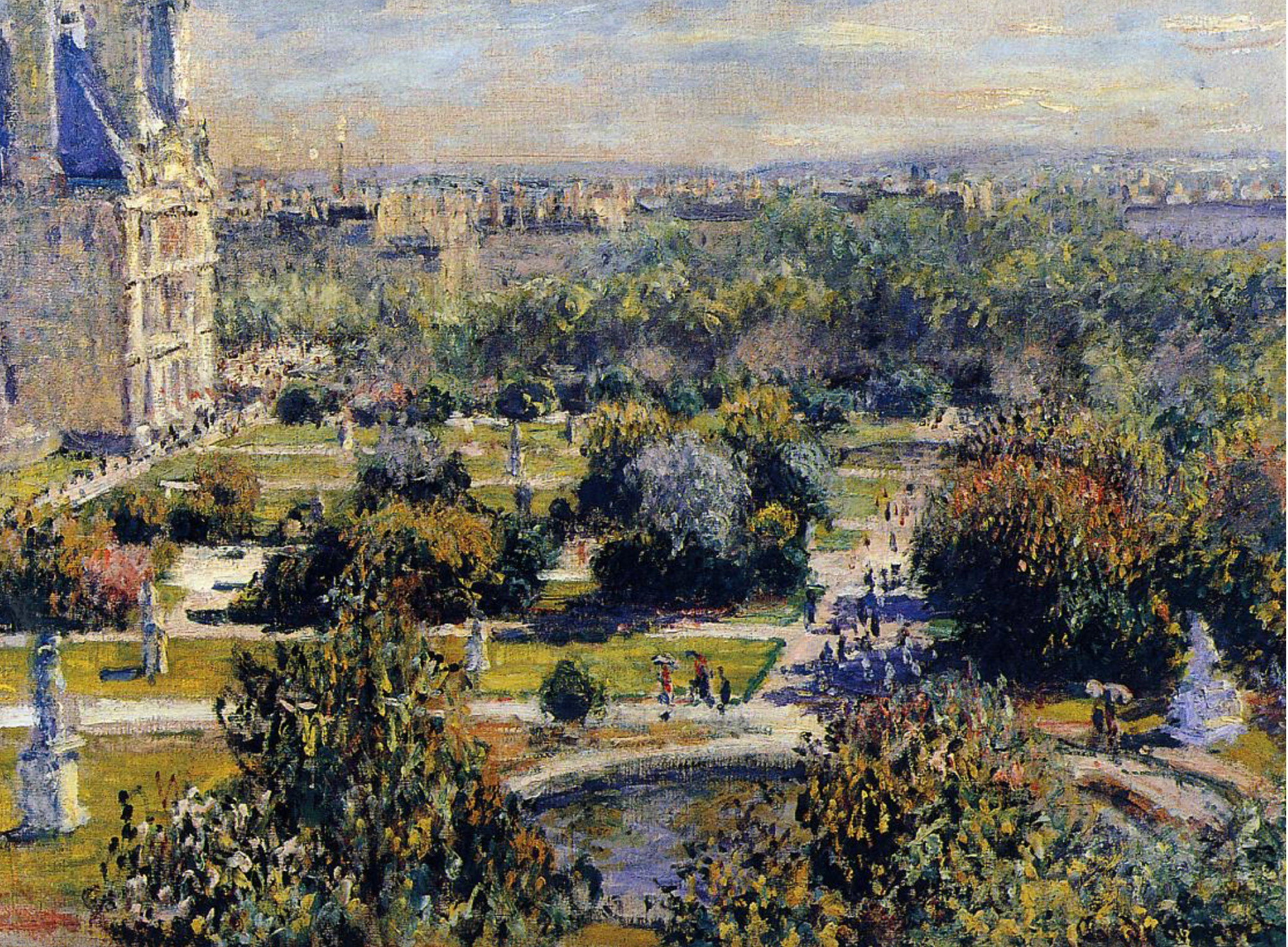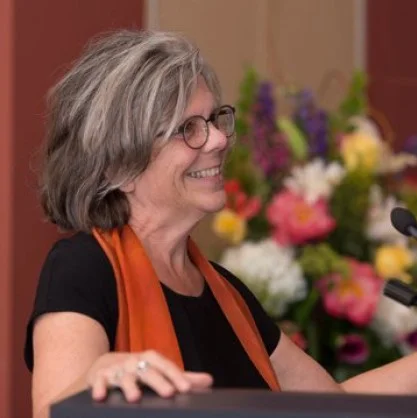Rice Global Paris Summer Program | 2026 Course Listing
HIST 320 Imperial Gardens: A Cultural
Comparative History
SESSION 1 | Monday, May 18 - Friday, June 5, 2026
Instructor:
Lisa Balabanlilar
Paris Summer Session 1
Monday, May 18 - Friday, June 5
| Move-in May 17 | Move-out June 6
(Summer 2026)

ENROLLMENT UPDATE (1/15/26): This course is now FULL. Students may be added to a waitlist if this course is still their first choice.
Course Description
Just as stone monuments were (and still are) constructed in an effort to awe and impress, the more ephemeral garden came to play a critical role in demonstrations of political identity and displays of cultural prowess. The impulse to create a garden has proven to be nearly universal throughout human history: produced by political and cultural elites who were able to craft an influential aesthetic vision or were wealthy and powerful enough to control large territories, command landscape architects, employ artists and engineers, commit vast sums and demand the labor of untold numbers of humble workmen, as well as patronize gifted landscape architects. Garden history can be understood in many cases as political and imperial history, illustrating the degree to which the culture of designed landscape was used for creating, declaring, and reading social and political claims.
This class, while understanding the garden as both art form and sacred space, focuses closely on the relationship between landscape and power, in a comparative context, emphasizing the complexity and dynamism of the pleasure garden tradition. In this summer semester, we will examine the history, design, and cultural significance of gardens in Paris from the medieval period to the present day. Parisian gardens are explored as evolving expressions of political power, aesthetic ideology, social reform, and environmental practice. Students will engage with urban planning, landscape design, and cultural theory through close readings, site studies, and historical analysis. Students will analyze how gardens functioned as spaces of power, leisure, and artistic expression but are also encouraged to think about gardens as lived spaces. The course covers key Parisian gardens such as the Jardin du Luxembourg, Tuileries, Parc Monceau, and modern interventions like Parc de la Villette and Promenade Plantée, and a day trip to what may be the world’s most explicitly political garden, at the palace of Versailles.
Credit Hours
This course is 3 Rice credit hours.
Does this course have prerequisites?
No
Does this course fulfill a Distribution Requirement?
Yes, students will receive D1 credit for this course.
Application Deadline
Priority Deadline: December 10, 2025
Final Application Deadline: February 1, 2026
For details on these two deadlines, please navigate to the Application Timeline section of the Program Information & FAQs page.
Questions?
For questions regarding the course content, please contact the course instructor (see below).
For questions regarding the program (budget, application process, financial aid, global awards), first read through the Rice Global Paris Summer Program Information and FAQs page on our website. If you cannot find the answer to your question, email us at globalowls@rice.edu.

Lisa Balabanlilar, Department of Transnational Asian Studies
Dr. Balabanlilar teaches a survey of South Asian History; a world history of Imperial Pleasure Gardens; as well as classes on Chingis Khan and the Mongol Empire; Comparative Early Modern Islamic Empires; and research seminars such as: Raj and Resistance; The Mughal Empire; and a history of world travel. Her research focuses on the Timurid-Mughal Empire of Central and South Asia, and her broader research interests encompass Islamic South and Central Asia, comparative imperial court culture, movement and procession, memory and identity, and early modern Islamic Empires (Ottoman, Mughal and Safavid).